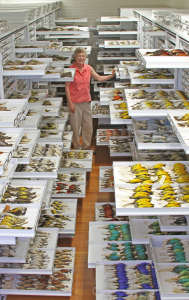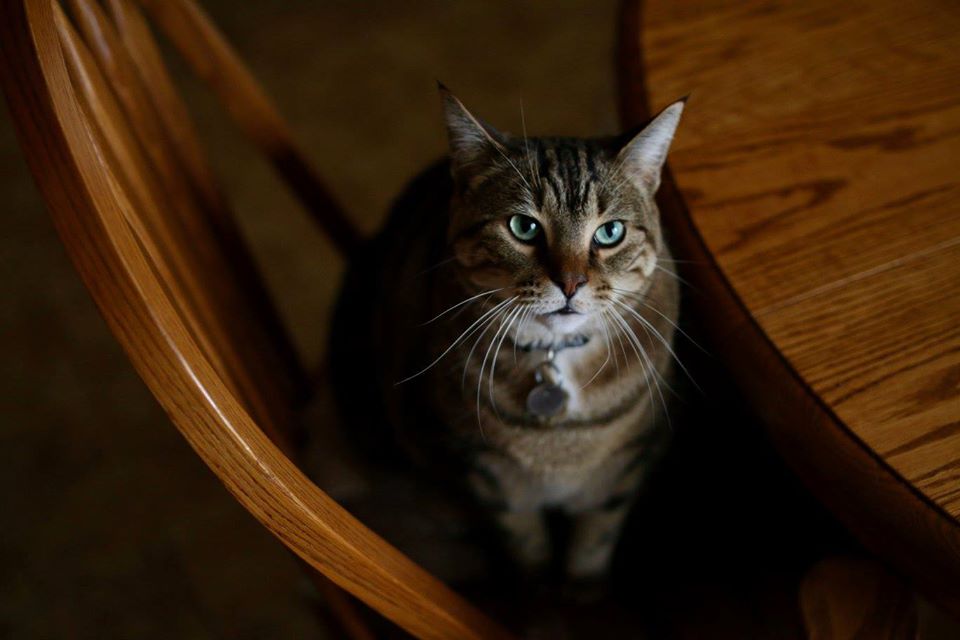
For many people a visit to their local Natural History Museum means a day enjoying glass-encased exhibits of many varieties of beautiful and rare species of animals. Unknown to most, is that while visitors are enjoying the delights of this encased animal world, there are often priceless treasures behind the scenes at their local museum. There in your museum’s vaults are scores of species that have been collected over the years. Why you may ask? Natural History museums have collected specimens for generations to track variations in species populations over time. In short, the species collections are the primary records of the natural history of the planet. These primary records of our Earth may provide the key solutions to our existing COVID-19 and any future pandemics.
Scientists have stated that the recent COVID-19 pandemic is the result of Zoonosis. Zoonosis is the process of a pathogen passing from an animal to a human. The human, in turn, passes the pathogen on to other humans causing an eventual outbreak. It has been surmised by scientists that COVID-19 was passed by Zoonosis from a Horseshoe Bat species in China and on to humans. This transmission to humans was also possibly through another intermediate animal carrier.
Recently, the Chicago Field Museum’s Bruce Patterson published a paper in ZooKeys in a special issue on the Coronavirus announcing four new species of the African Leaf-nosed bat, a cousin to China’s Horseshoe bat. Patterson stated that Science did not even know how many species of Leaf-nosed bats even existed. Science is also not certain which of the 25 or so species of the Horseshoe bat in China were responsible for spreading the coronavirus. Clearly, we have much to learn about the bat species. This is especially hazardous to humans since we know very little about a species that can spread very damaging pathogens to us if we do not take appropriate precautions.
How can we learn more about the bat species? How can we learn more about our natural world overall? Through Natural History Museums of course! Who else has the expertise and collections for us to study, prepare for, and possibly prevent any future pandemics with bats or another animal as the source of pathogens? Unfortunately for us and to our great peril, governments at all levels in all countries, have been cutting funding to these great institutions. Here’s what we can do to help:
- If possible, give financially to your local Natural History Museum. Most Museums have donation and sponsorship programs available.
- Most Natural History Museums have numerous opportunities to volunteer and to even serve on their boards. If you don’t have extra time to volunteer, attend their annual meetings, read their reports, and ask questions! They will love that someone in their community is interested enough to care.
- Is there no Natural History Museum in your area? Ask your local history or community museum if they have any natural history collections, even though it may not be their sole focus of existing. Respectfully ask if you could see the collection(s) and share information about it. The best way to preserve a collection is to “put light upon it” and make people aware it exists!
- When in doubt, advocate, advocate, and advocate some more! Your Natural History Museum needs allies and wants you to speak up for them! Write politicians, the media, and anyone else who will listen about your museum, especially if it is threatened in some way.
Remember, lying in the vaults of your local Natural History Museum are not just dusty species collections from long ago, but possibly the key to the solution for a future pandemic and the health, safety, and security of us all!
Thank you for reading our Blog Post! This review was written with the assistance of “Grammarly”. Grammarly is an amazing FREE tool that allows anyone to write like a professional! For more information and a free download, click here.
For our Reviews of excellent books on Natural History, Archaeology and Technology, please visit our main website!
